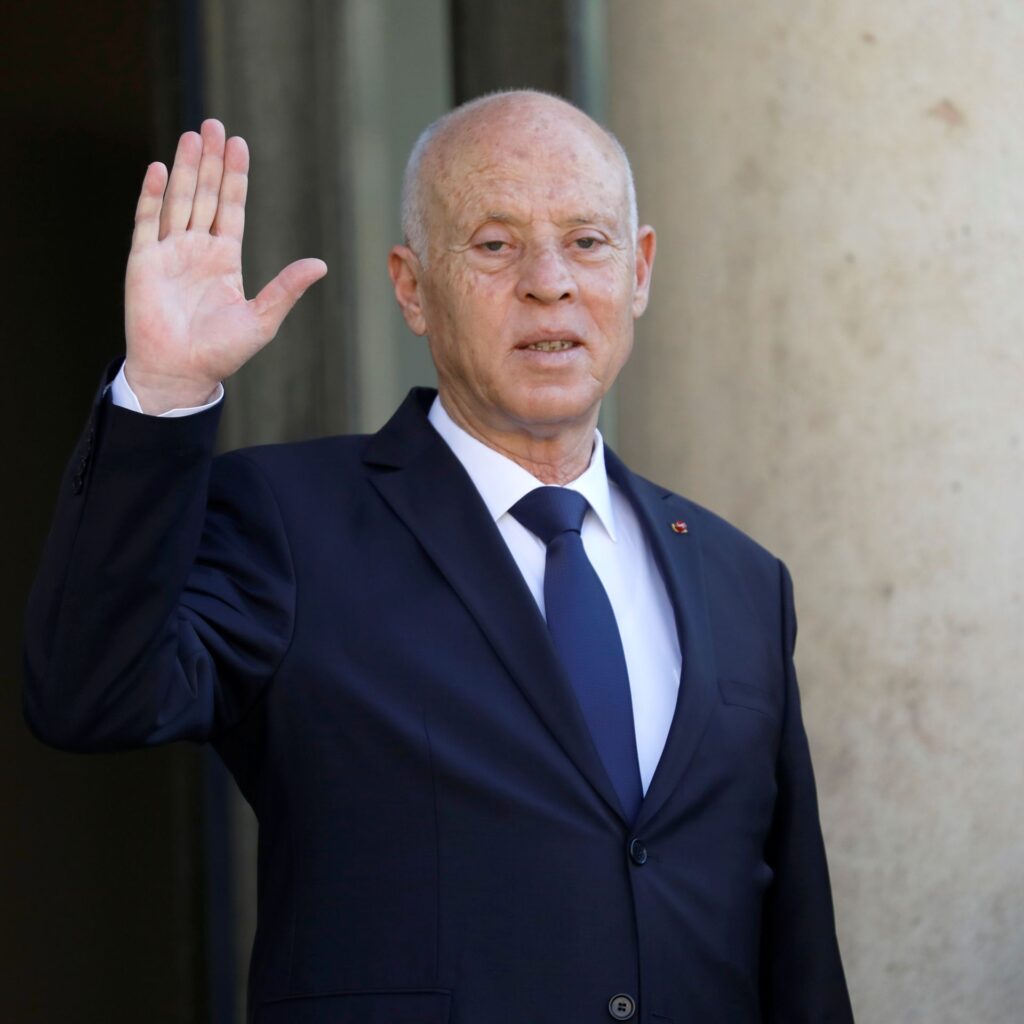After sacking the prime minister and suspending parliament, Tunisia’s main political parties accused the president President Kais Saied of staging a coup. The move was made in response to Sunday’s violent mass protests against the government’s handling of the coronavirus outbreak as well as the economic and social turmoil.
Kais Saied however claims he acted in accordance with the law.
Late on Monday, dismissed Prime Minister Hichem Mechichi said he would hand over his powers to whoever Mr Saied appoints.
In a statement, Mr Mechichi said he did not want to play the role of a “disruptive element”. His comments came amid growing calls from the international community for restraint.
In a telephone call on Monday, US Secretary of State Antony Blinken urged the Tunisian president to “maintain open dialogue with all political actors and the Tunisian people”, according to his office.
The UN said “all disputes… should be resolved through dialogue”, while the EU urged all sides involved to respect the rule of law and avoid violence.
There were similar appeals from the Arab League, Russia and Qatar. Clashes among Mr Saied’s supporters and opponents continued on Monday in the capital Tunis.
They threw stones at each other outside the legislature, which has been barricaded by troops.
Mr Saied, an independent candidate who was elected in 2019, has had a long-standing feud with Mr Mechichi, who has the backing of the largest party in parliament, the moderate Islamists Ennahda.
The president has also sacked the defence and justice ministers.
Tunisia’s revolution in 2011 is often held up as the sole success of the Arab Spring revolts across the region – but it has not led to stability economically or politically.
The recent spike in Covid cases has fuelled long-standing public frustration. The health minister was sacked last week after a bungled vaccination drive.
On Sunday, thousands of people across Tunisia demonstrated against the PM and Ennahda. The party’s local headquarters in the south-western city of Touzeur were set on fire.
In a televised address, Mr Saied said: “We have taken these decisions… until social peace returns to Tunisia and until we save the state.”
He vowed to respond to further violence with military force.
source: BBC


